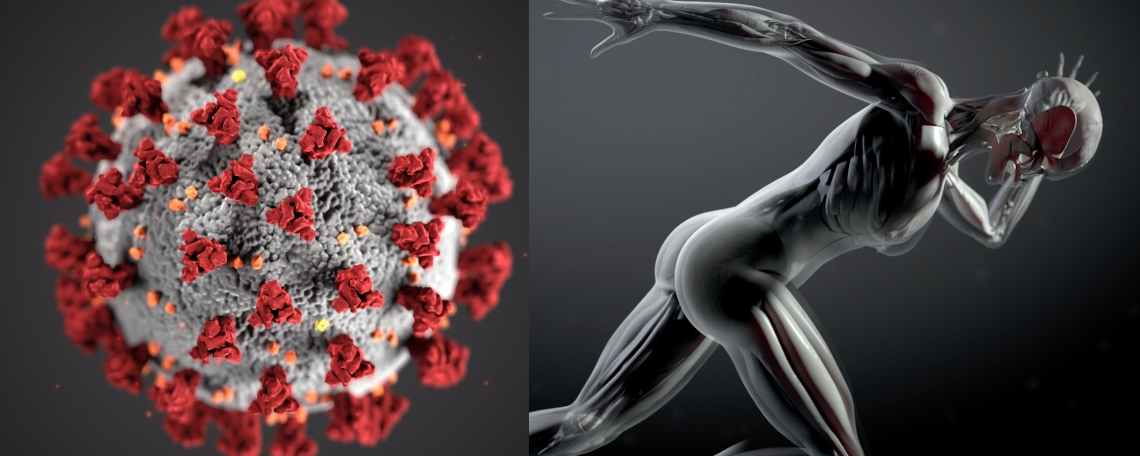
This fourth research effort aims to model the spread of the virus and the impact that a pandemic could have on critical social services (police, fire, healthcare, etc.) in communities, regions, and countries. We are scaling agent-based models (used successfully for many years for modelling Ebola, Zika, and other outbreaks) to model the behaviour of large populations at the individual level in order to test models of infection, transmission, disease, outcome, and recovery. Our models can account for person-to-person contact and flows of people to/from work, school, shopping, etc. Using DOE supercomputers, we can model entire cities with millions of individuals and test both hypotheses concerning transmission and policies for reducing rates of transmission, as well as understanding the impact of loss of staffing for critical services. We have implemented the first version of the ChiCOVID model (ChiCOVID v1), including the individual disease progression within each agent.
If you wish to contribute and have interests in this area, please get in touch by emailing Dr Hugh Martin (h.s.martin “at” ucl.ac.uk) with your name, institution, a one-paragraph summary of your area of expertise, and up to 5 of your most relevant publications, making clear which of the 6 areas of coronavirus research you are seeking to contribute to in this consortium.
CompBioMed-Coronavirus Pages:
CompBioMed and Coronavirus
The Consortium on Coronavirus
CompBioMed Partner Activity
Call for Contributions
Coronavirus Research Resources
Coronavirus Blog
Areas of Research:
Computational Drug Discovery
Epitope Analysis
Drug Toxicity
Computational Epidemiology
Virus Evolutionary Analysis
Host Response Analysis

